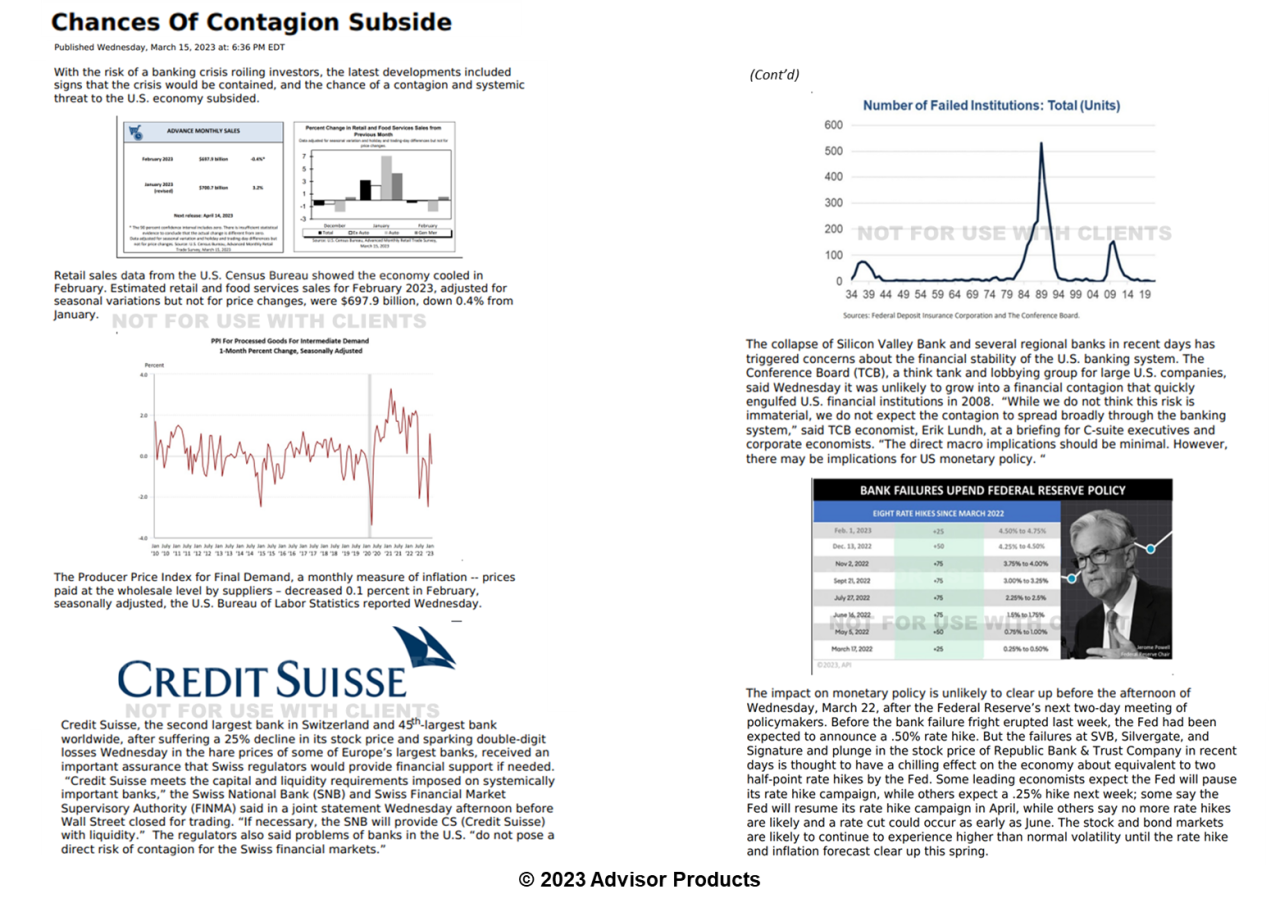- How it works
- Marketing Tools
- Competitive Research
- Finra-reviewed content
- Downloadable Content
- Advisor Education
- Advisor Websites
- Marketing Tips
- Crm Software Integration
- Search Engine Optimization
- Email Marketing Solutions
- Social media Marketing
- Advisor Marketing Videos
- Advisor Print Newsletters
- Advisor Lead Generation
- Expert Market Intelligence
- Branding and Print Materials
- Advisor Blogs
- Advisor Webinars
- Advisor Presentations
- Advisor Client Portals
- Webinars
- Advisor Google And Facebook Ads
- Advisor Public Relations
- About
- Resources
- Login
- Schedule A Demo
Marketing Tips
Search Engine Optimization
Learn the top factors that affect your search listings, tips for website construction, how to develop and organize SEO-friendly content, how to use Google My Business, and the importance of social media on SEO.
Email Marketing Tips
Learn about compliance, how to build your list, get suggestions on how to create a strong cam-paign, master the art of creating a powerful email, get tips on lay-out, learn how to create strong calls-to-action, and get subject line DOs and DON’Ts.
Advisors Should Seize Media Opportunities to Tamper Expectations
Now that "The Great Recession" appears to have peaked and we are hopefully on track for an economic recovery, investor psychology will be one of the things that is sure to be closely watched. Savvy advisors should see this as a media opportunity to educate their clients about expectations going forward.
A continual refrain heard by advisors during market booms is that investors get accustomed to returns that, over the long term, are simply unsustainable. Yet the problem is compounded by media outlets that sometimes jump aboard the "rah rah" wagon and embrace those expectations, irrational or not. Advisors have always lamented this phenomenon, and here are a few ways you can try and change it.
For starters, reporters and editors would likely welcome pitches illustrating the fact that most of the last two decades have been a time when market conditions defied the norm and, while some investors reaped big gains, overall the average investor lost ground. Even if they reported gains in individual portfolios, which tend to be more speculative than the index and mutual funds that often make up a good chunk of 401(k)s, their retirement plans took a beating during much of the period.
Obviously, this is less of a problem for someone in their 30s and 40s, but it becomes a much different scenario for an account holder 50 or older, which makes now a perfect time to jump back on the "diversification bandwagon." Simply put, investors seem to need continual reminding that over the long haul, nothing beats a diversified portfolio with solid names. Pitches should include the fact that there are solid names in every sector, even technology, which many investors favor more than they should.
Another media opportunity lies in giving investors a lesson on speculation. This is a controversial topic to a degree because conventional wisdom is speculation is something few, if any, individual investors should attempt. Yet, history shows us the potential gains that can be generated by speculating -- even if they're a long shot -- are irrestible for many. Given that, if many of your clients are going to do it, perhaps now's a great time to approach reporters with some ground rules on how to do it in a responsible manner. If you're comfortable with the notion, talk to the media about some guidelines investors can use when deciding how much of their overall investible assets can be involved in speculation. From there, some good ideas reporters will appreciate would include specific investments that would be a good target, be they emerging-market mutual funds or specific stock recommendations.
Finally, just as there are many investors that attempt to be overly aggressive and routinely swap out of positions iin an effort to ride the latest wave, there are others who believe they can leave their investments on autopilot and will be scared to do anything in the wake of any turmoil. These investors need reminiding to take another look at their strategy during crucial life stages, such as the birth of a new child or preparing for increasing higher-education costs.
As far as timing, don't wait too late to seize the recovery mantle, because as investor psychology improves, the media often get overly focused on riding the wave and often become averse to any idea that isn't specifically about doing just that. For any advisor who wants to make a sustained pitch for balance, the time is now.
Questions?
How and why does the Advisor Products system work?
In today’s times, when consumers have become more demanding and tech-savvy, financial advisors must use content marketing to attract, inspire, engage, and convert their prospective customers.
A good content strategy is focused on developing and distributing consistent, valuable content to engage and retain prospective customers and target audience, via your website. Our content library provides financial advisors with fresh, high-quality financial content that is updated regularly, improving SEO along the way. And our automated e-newsletter and social media tools allow advisors to reach out to clients and prospects in an easy-to-use manner, providing frequent touch points for optimal brand building.
- Differentiate you from competitors
- Expose clients and prospects to your brand message more frequently
- Build an ongoing relationship with customers
- Increase your follows and fans on social media
- Drive more prospects to your website
- Help convert prospects into leads
- Increase number of pages indexed in Google
What products and services do you offer?
Can I buy services if my website is not hosted with you?
What can I expect during the onboarding process?
What if I have questions after my website is built?
Seeing is Believing.
See how easy it is to get started with our all-in-one digital marketing platform that drives leads, encourages referrals and increases client engagement.
SCHEDULE A DEMO






